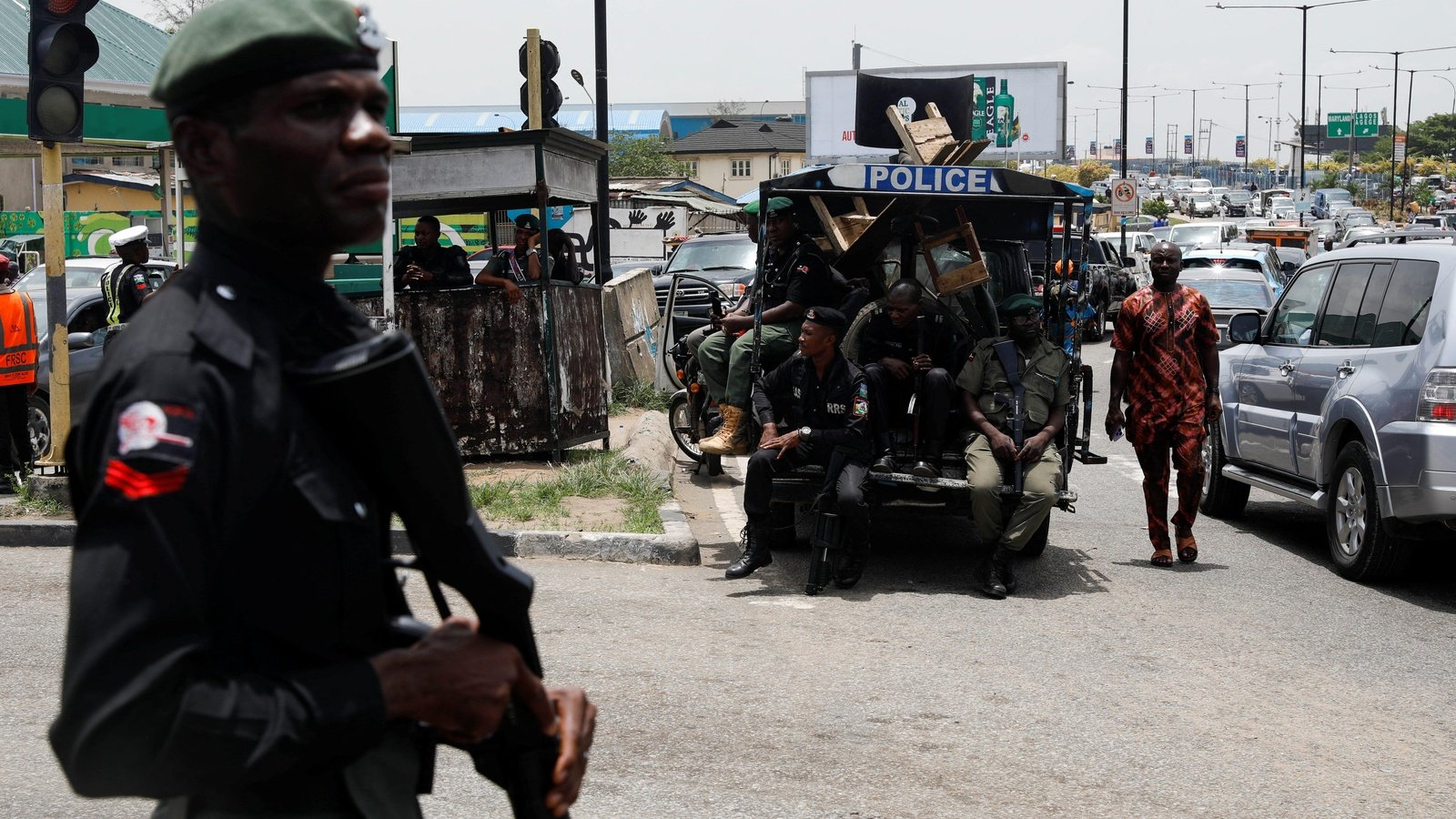If there is one thing that the profuse social commentary on the worsening security situation in Nigeria (the Civil Society Joint Action Group calculates that 2,423 people have been killed and 1,872 abducted since President Bola Tinubu took the oath of office in May) takes for granted, it is that this crisis is basically one of will, meaning that all that the Nigerian state has to do is rouse itself from its current lethargy and arrest the challenge to its authority by various violent non-state actors. The latter occupies a vast and perplexing spectrum ranging from agitators for self-determination on one end, to kidnappers for ransom on the other. Rarely entertained is the possibility that the Nigerian state has failed to contain rampant insecurity not because it does not have the will, but rather, because it lacks the capacity.
The commentariat’s reflex Weberianism—the assumption that the state, for good or ill, retains monopoly over legitimate violence—is not unreasonable. Whether simply deficient or, as is increasingly the case for an expanding facet of social life, completely absent, the Nigerian state continues to loom large, maintaining an aura not matched by any of its challengers. Even its regretted incapacity to mobilize legal violence must be qualified. Profoundly lacking in the discharge of the basic municipal functions, the same state can always be trusted to put upon the most vulnerable, as seen in countless examples of freelance barbarism by law enforcement (sic). What it shouldn’t do in the first place, the state in Nigeria, and truth be told the great majority of African states, does rather too well; what it ought to it fails miserably at.
More on:
Nigeria
Defense and Security
Violent Nonstate Actors
Corruption
Democracy
For all that, it is in the mobilization of legitimate violence that the same state is, for want of a better word, outgunned. The prime reason for this is state privatization, used in this example to refer to the capture of the state by a narrow political elite. As far as this arrangement is defined by the nullification of the public-private distinction, public service is a misnomer for what is an essentially predatory adventure in which the unwavering goal is private accumulation.
This is not without costs. For instance, among other things, the ensuing “orientation towards political rather than market allocation,” according to political scientist Peter Lewis, injects violence into the system by placing an arbitrary premium on political competition. In a mutually reinforcing dynamic, predatory politics triggers a scramble for private accumulation, which produces mass privation, frustration at which, perhaps unsurprisingly, spills over into greater violence. Arising, as outlined, from state privatization, widespread insecurity leads to the privatization of security, an arms race in “unauthorized” violence that, if not moral, is at least respectable on account of being imperative.
Three aspects of this privatization are worth flagging, insofar as they help illuminate the proceeding crisis of state sovereignty.
The first is the emergence and institutionalization of vigilantism as the system by which, in the face of state abdication, everyday citizens organize for their own protection. In its positive phase, vigilantism entails the procurement of armed guards as security detail for middle and upper middle-class homes barricaded behind impossibly high fences. Accordingly, the private security market (from private bodyguards on the one end to digital surveillance infrastructure on the other) is one of the fastest growing industries in Nigeria. In its ugly phase, everyday vigilantism manifests as “jungle justice,” extrajudicial killings perpetrated by irate mobs understandably cynical of the judicial system. In the four years between 2019 and 2022, there were 391 such mob killings in the country, an average of 130 annually.
A second aspect is the emergence of powerful violence entrepreneurs, modern mercenaries who, occupying the vacuum bequeathed by a retreating state, deploy violence strategically to access cash, flesh, and influence. This explains why, powerful Pentecostal pastors aside, individuals such as Asari Dokubo, Government Tompolo, Bello Turji Kachalla, and Musiliu Akinsanya, aka MC Oluomo, to name the most prominent examples, have been the brightest stars in the Nigerian political galaxy over the course of the Fourth Republic (1999- ). In an excellent forthcoming study, anthropologist Wale Adebanwi uses the rise to political and cultural eminence of Gani Adams, the incumbent Aare Ona Kakanfo of Yorubaland, to illustrate and theorize the ascendant melding of banditry with politics. Evidently, violence entrepreneurs are not the only players in the emergent economy of violence; however, they have been especially astute in recognizing the potential for leveraging the monopoly of violence for social recognition.
More on:
Nigeria
Defense and Security
Violent Nonstate Actors
Corruption
Democracy
A third aspect is the appropriation and deployment of state security apparatus toward private ends. For example: police officers spend more time (and probably make more money) moonlighting on the entourage of powerful politicians, where they alternate between providing actual security and running a wide range of demeaning errands as domestic servants. Around 150,000 of Nigeria’s 370,000-strong police are said to be attached to VIPs, a situation hardly helped by the systematic plunder of monies budgeted for security. According to the Independent Corrupt Practices and Other Related Offences Commission (ICPC), “Funds for national security are brazenly stolen… by security top brass, contractors and bureaucrats.”
The foregoing scenario prompts an array of sociological questions with urgent policy implications: what happens when the state can no longer fulfill its core attribute, in this case the monopoly of legitimate violence? What happens when violence is accordingly privatized, leading to the emergence of private brokers with an outsized influence over distributional politics? How should we think of state sovereignty when the state itself is subject to the whim and fancy of a narrow elite?
As the Nigerian state enters this existential grey zone, these are the questions that ought to guide scholarly debate, even as they stimulate fresh policy thinking.
Reina Patel contributed to the research for this article.

